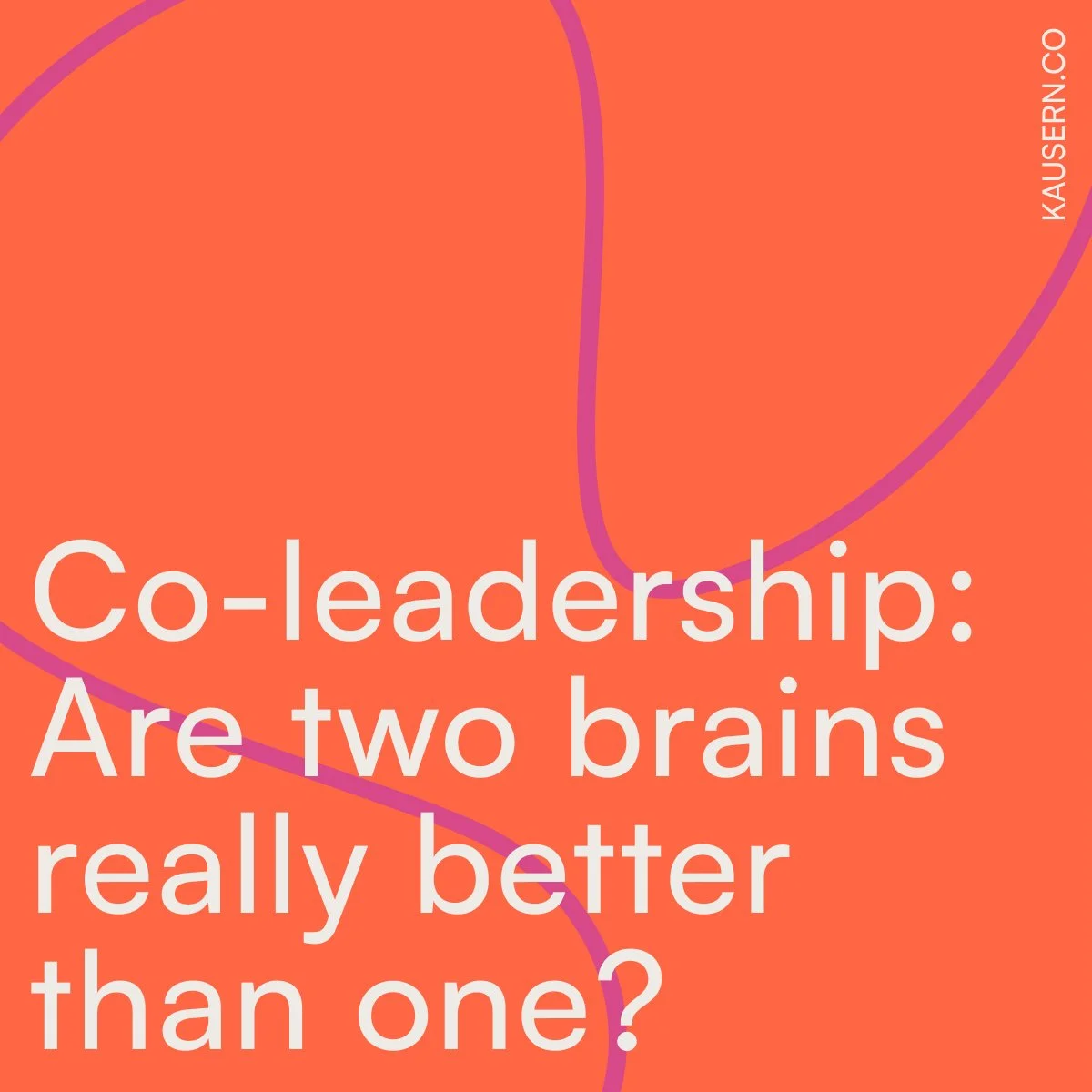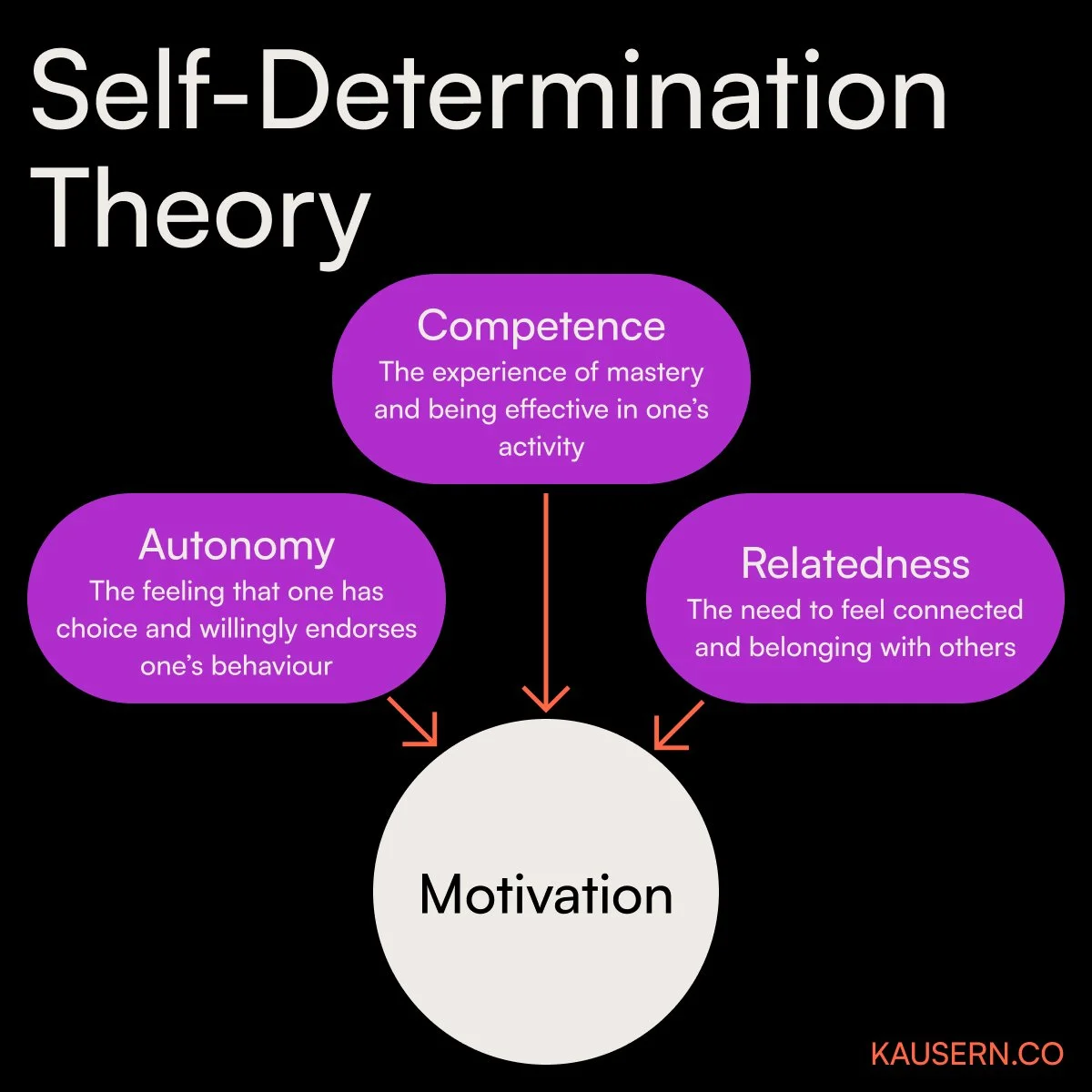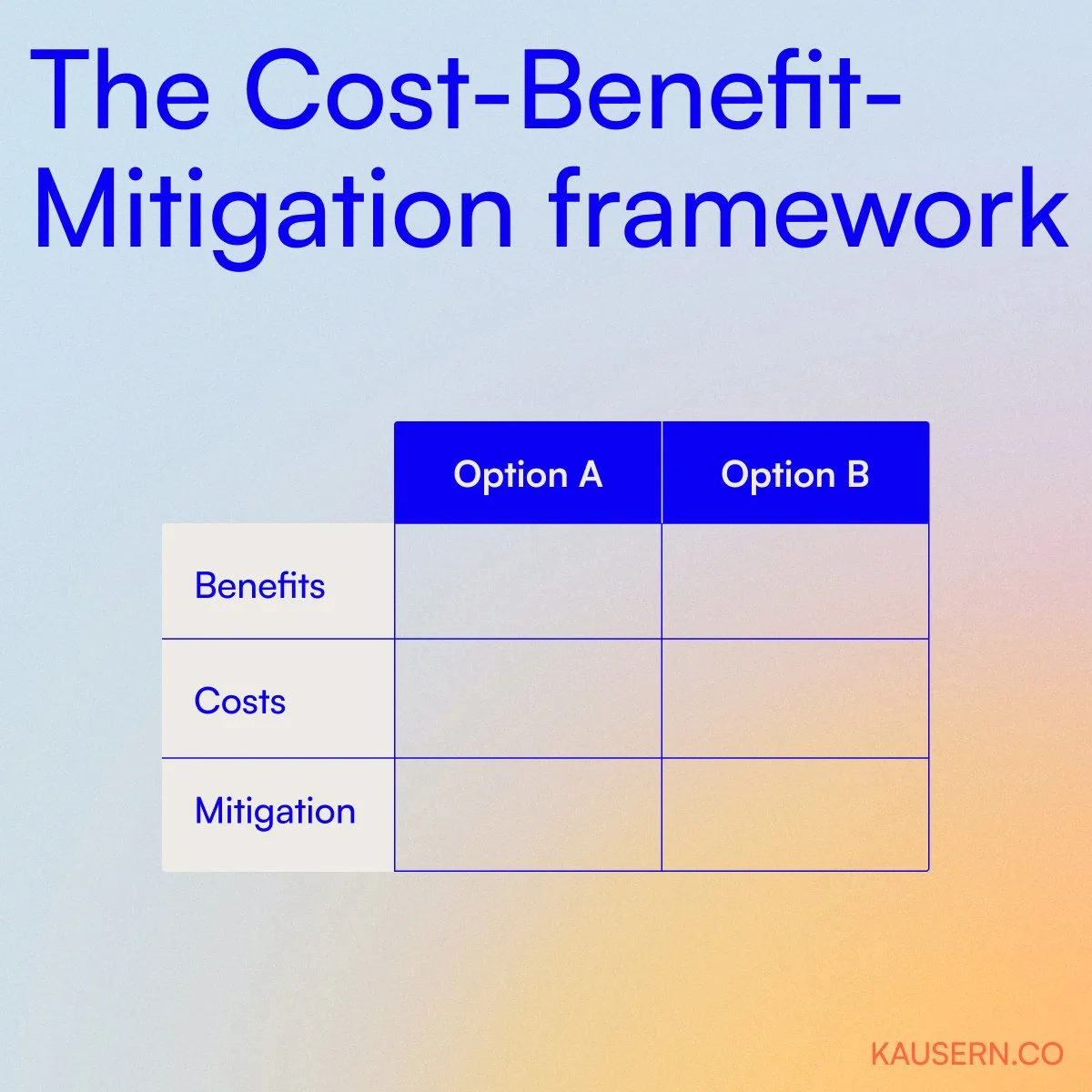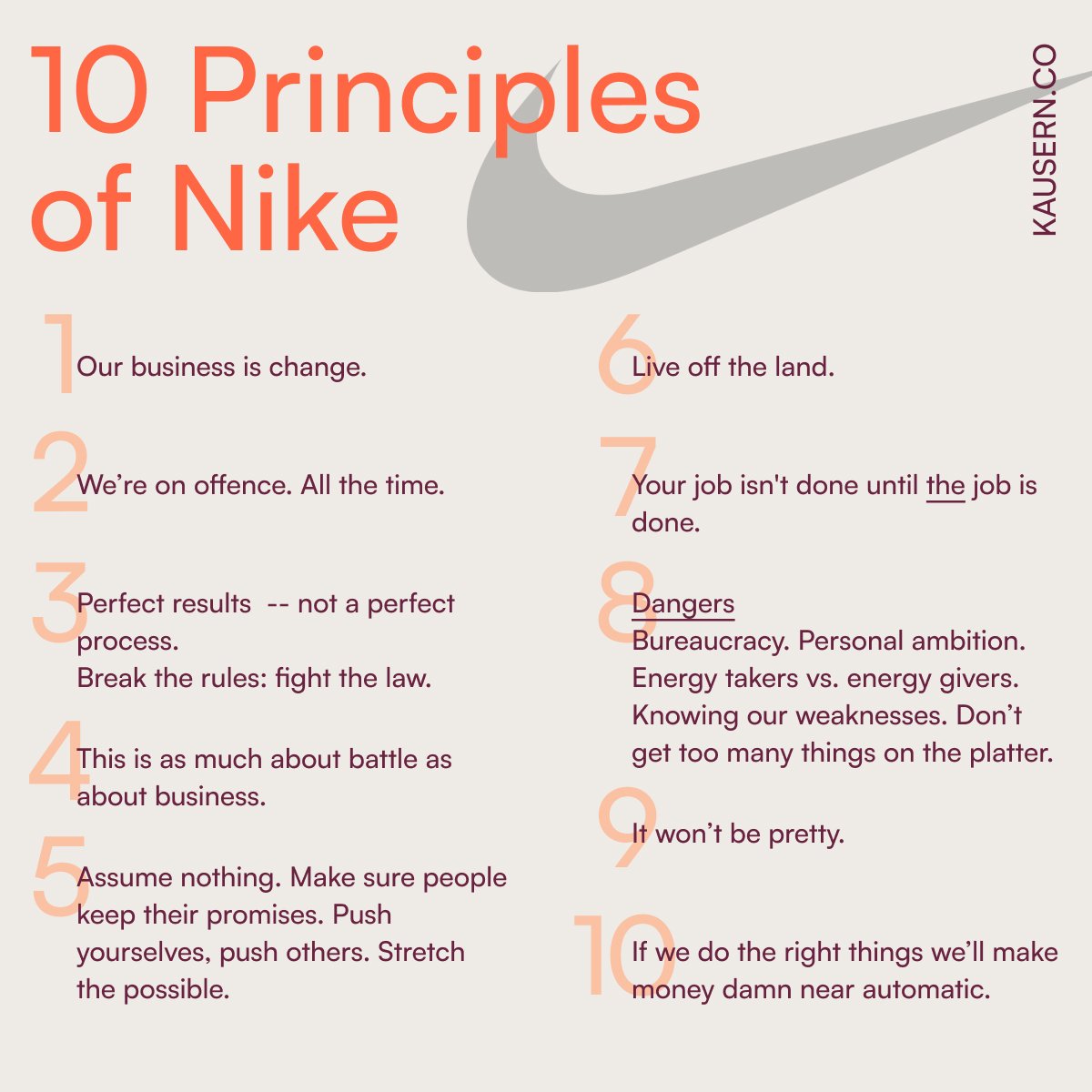Filter by —
Having a coaching presence makes a difference
Presence doesn’t just mean being there physically, it also means being fully conscious of the person we are engaging with, creating a safe and supportive environment for exploration, growth and learning.
Asking powerful questions
In my previous post, I talked about what it really means to be a good listener: that is, to listen with intent and for meaning. This week, we’ll cover “How to Ask Powerful Questions”, and how to apply it effectively as a coach-leader.
Listening effectively
When it comes to being an effective coach-leader, an often overlooked but incredibly powerful skill is listening.
The CLEAR Coaching Model
Organisations and individuals are investing in coaching simply because it works. Coaching helps individuals clearly see themselves and the possibilities ahead of them.
The Iceberg Model
The Iceberg Model suggests that the behaviours and actions we usually see in people are just the “tip of the iceberg”, so to speak.
Co-leadership: Are two brains really better than one?
The concept of co-leadership sounds good on paper but is not easy to execute.
The Guilt Trip: How to set healthy boundaries with your boss
Having good personal boundaries makes good professional relationships but it can be a struggle, especially with an emotionally manipulative boss.
Self-Determination Theory
When motivation fails, all that’s left for us to do is get employees to do things. Is there a difference? Well, yes.
The Cost-Benefit-Mitigation framework
The Cost-Benefit-Mitigation framework enables teams to keep moving fast by making calculated decisions when faced with decision-making gridlocks involving two (or more) options.
The 10 principles of Nike
Lessons from a 45-year old internal memo that paved the way for Nike to become a $135B company.
The Risk-Reward framework
When we analyse our challenges through the lens of Risk and Reward, it will help us make informed decisions as we evaluate the potential upside or downside of our choices.
Avoid burnout: sharpen your axe
How can we avoid burnout especially these days when our work seems to demand more from us?
Eliminate, simplify, automate & delegate: The four simple steps for higher productivity
In his book ‘The 4-Hour Workweek’, Tim Ferris dropped some profound productivity wisdom: “Never automate something that can be eliminated, and never delegate something that can be automated or streamlined. Otherwise, you waste someone else’s time instead of your own, which now wastes your hard-earned cash.”
Performance-culture matrix
The Performance-Culture matrix is a simple but powerful diagnostic tool to determine the suitability of a team member in the company. It allows the leadership team to quickly identify which of their team members need care and attention, up-skilling, alignment, or in some instances, to be managed out.
When to teach, mentor, or coach
One of the challenges a young manager faces is how best to support a team member’s development to improve their performance. When do we teach, mentor, or coach? These ‘helping’ methods all feel similar, but they have very different and specific uses. Here is a quick guide.
Cleverness is a gift, kindness is a choice
With strict logic, we sometimes do have all the answers. But knowing isn’t everything. We need to exercise good judgement and sense and be sensitive to others who may not be at the same level of understanding.
Avoiding mistakes a first-time CEO could make
This list was compiled by Edwin Miller based on his own experience. This list of mistakes is very helpful for first-time CEOs, and some of it is applicable to young leaders too.
4 types of power questions
One of the most essential life skills one should master is the ability to ask great questions. According to leadership expert John Maxwell, “Good leaders ask great questions”. Asking good questions is the very foundation of successful leadership.
Which candidate would you hire for - ‘Skill or Will’?
Skills are important to consider when hiring someone new, but probing candidates on their willpower should also be an essential part of the hiring process
Establishing authority without losing your friendships
How can you maintain my friendship with my team, while still establishing authority? It all comes down to one word: ‘No.’




















